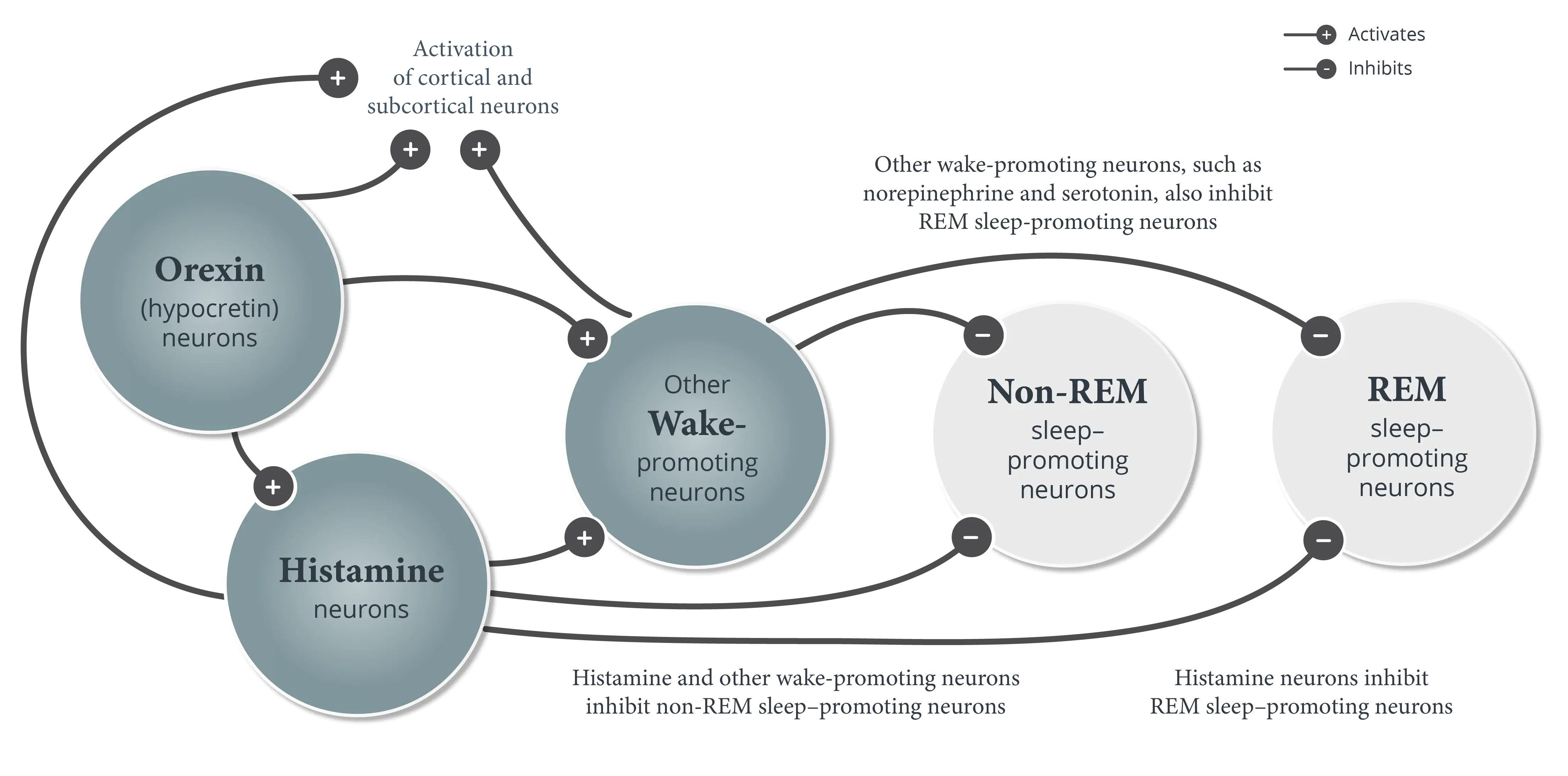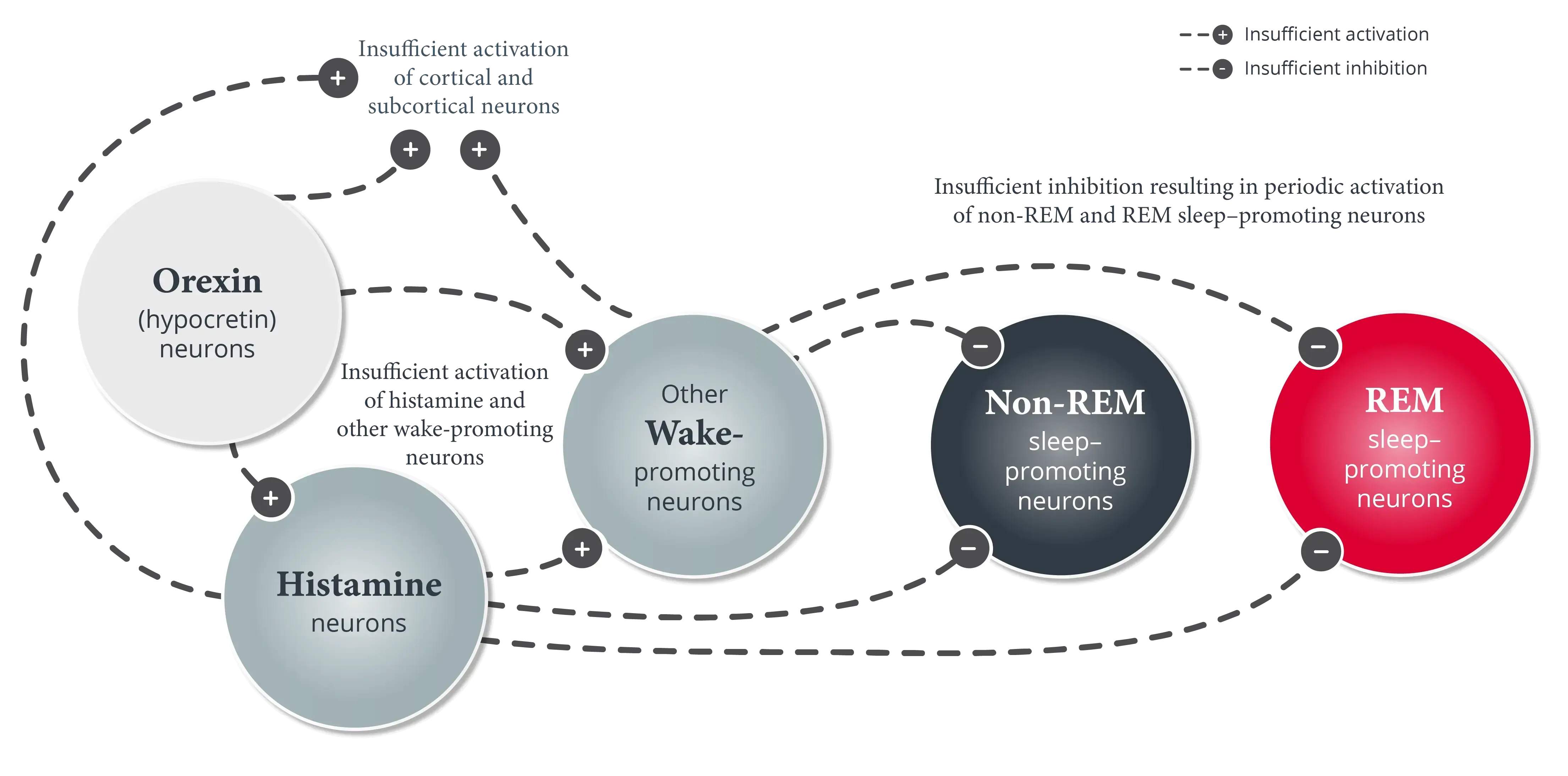Pediatric Daytime Sleepiness Scale (PDSS)
Pediatric Daytime Sleepiness Scale (PDSS)
The PDSS is a self-assessment instrument used to evaluate daytime sleepiness in children and adolescents.1,2 It includes questions based on daily life situations related to sleep habits, waking time, and sleep problems.1
The PDSS consists of 32 items on quality of life, daily sleep patterns, sleepiness, mood, school achievement, and extracurricular activities.1 It is validated in pediatric patients with narcolepsy aged 5 to 17 years.2
Each symptom is rated on a scale from 0 to 4 based on frequency, and all numbers are added for a total score. Higher scores indicate higher levels of sleepiness.3
References
- Ouyang H, Gao X, Zhang J. Symptom measures in pediatric narcolepsy patients: a review. Ital J Pediatr. 2021;47(1):124. doi:10.1186/s13052-021-01068-7
- Lehert P, Plazzi G. Comparing symptom measurement tools in pediatric narcolepsy. Sleep Epidemiol. 2022:2(100032).
- Drake C, Nickel C, Burduvali E, Roth T, Jefferson C, Pietro B. The Pediatric Daytime Sleepiness Scale (PDSS): sleep habits and school outcomes in middle-school children. Sleep. 2003;26(4):455-458.


